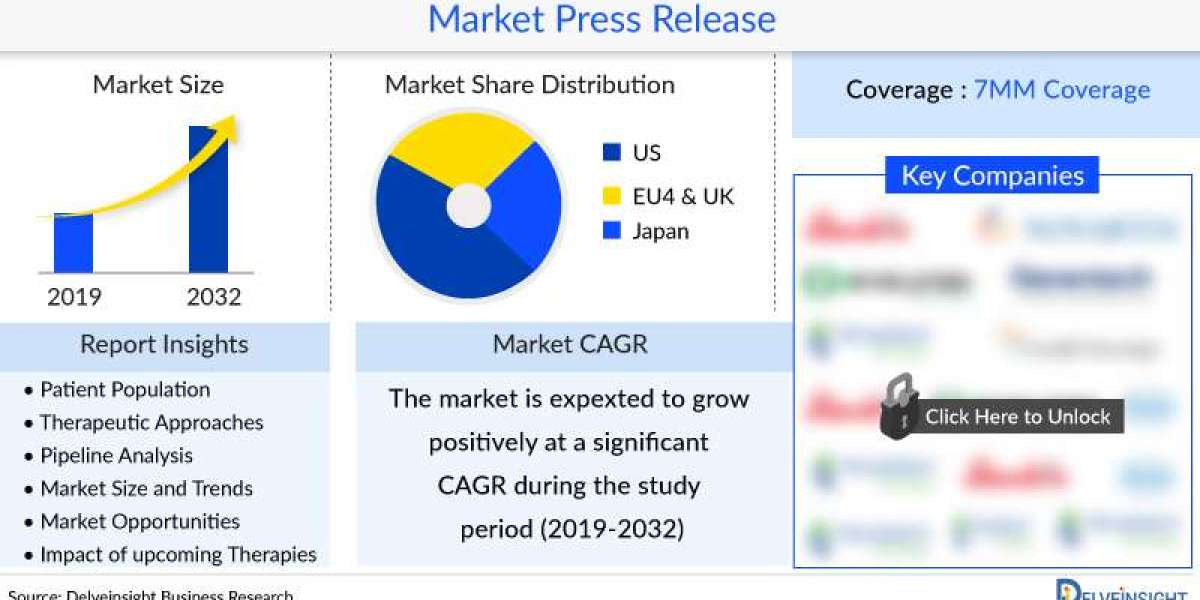The Unique Challenges of Rare Diseases
Pharma companies face several obstacles when developing treatments for rare diseases. These include:
Limited Patient Population: Rare diseases typically have small patient populations, which makes clinical trials challenging due to the difficulty of recruiting participants.
Regulatory Hurdles: Developing treatments for rare diseases requires navigating complex and often uncharted regulatory landscapes. Regulatory bodies, such as the FDA and EMA, have specific guidelines for orphan drugs, but the approval process can still be lengthy and uncertain.
High Development Costs: Given the small market size, the cost of research, development, and marketing can be disproportionally high. The risk of failure is significant, and pharma companies need to justify the investment despite limited returns.
Lack of Scientific Knowledge: Many rare diseases are not well understood, which makes finding the right therapeutic targets and developing effective treatments challenging.
Healthcare Infrastructure: Access to healthcare and specialized treatments for rare diseases is often limited, making it difficult for companies to reach and support patients effectively.
Are you also facing the same challenges? For more details, visit Rare Diseases Consulting.
How Consulting Services Empower Pharma Companies
Given the complexity of rare disease drug development, consulting services have become essential to the pharmaceutical industry. These services provide strategic insights, expertise, and resources that help companies address the unique challenges associated with rare diseases. Here are several ways consulting services empower pharma companies:
1. Navigating Regulatory Pathways
Consulting firms specializing in rare diseases have deep knowledge of the regulatory landscape, including orphan drug designation, fast-track approval processes, and incentives offered by regulatory bodies. They help pharma companies navigate these complex processes by offering guidance on:
Regulatory Strategy Development: Consulting firms work closely with pharma companies to develop regulatory strategies that align with the unique requirements for rare diseases. They assist in preparing submissions, understanding specific country regulations, and managing relationships with agencies like the FDA and EMA.
Orphan Drug Designation: Obtaining orphan drug status is crucial for pharma companies working on rare diseases, as it provides benefits like extended market exclusivity, tax incentives, and reduced clinical trial fees. Consulting firms assist in gathering the necessary data and submitting applications for orphan drug status.
2. Optimizing Clinical Trial Design
Designing clinical trials for rare diseases requires specialized expertise. Consulting services help pharma companies optimize their clinical trial strategies to overcome challenges such as small patient populations, geographic dispersion, and limited clinical endpoints. Consultants provide support in:
Patient Recruitment and Retention: Since rare diseases have limited patient populations, consultants can help companies identify and recruit eligible patients from a global pool. They also assist in developing retention strategies to ensure trial continuity.
Adaptive Trial Designs: Adaptive trials, which allow modifications during the trial based on interim results, can be especially beneficial for rare diseases. Consulting services help design and implement adaptive trials to improve efficiency and increase the chances of success.
3. Market Access and Commercialization
Once a rare disease treatment is developed, pharma companies must navigate market access and commercialization strategies. Consulting services provide valuable support in:
Market Strategy Development: Consultants help companies define market strategies tailored to rare diseases, focusing on how to position and promote the drug to the right audience, including healthcare providers, insurers, and patient advocacy groups.
Pricing and Reimbursement Strategies: Due to the high cost of developing orphan drugs, pricing and reimbursement strategies are crucial. Consulting firms offer expertise in pricing models, negotiations with payers, and navigating reimbursement challenges specific to rare diseases.
4. Scientific and Medical Expertise
Rare diseases often require a high level of scientific and medical expertise to develop effective treatments. Consulting services provide access to specialized knowledge and professionals with experience in specific disease areas. This expertise can be leveraged to:
Identify Therapeutic Targets: Consultants with in-depth scientific knowledge can help pharma companies identify and validate new therapeutic targets for rare diseases, increasing the likelihood of developing effective treatments.
Collaborate with Experts and Institutions: Consulting services often have established networks with key opinion leaders (KOLs), academic institutions, and research organizations. They can facilitate partnerships and collaborations that accelerate research and development.
5. Patient-Centric Approach
Consulting firms help pharma companies take a patient-centric approach to rare disease treatments by ensuring that patient needs are at the forefront of product development. This includes:
Patient Advocacy: Consultants help pharma companies engage with patient advocacy groups to ensure that the voices of patients are heard during the development process. This can provide valuable insights into the real-world challenges faced by patients and improve the design of clinical trials.
Access Programs and Support Services: Pharma companies can work with consultants to develop patient access programs and support services that improve patient outcomes and ensure that rare disease therapies are accessible to those who need them.
For more details, visit Rare Diseases Consulting Services.
Unlocking Market Opportunities
The market for rare disease treatments is expanding, driven by advances in genomics, biotechnology, and medical research. The global orphan drug market is expected to grow significantly, presenting valuable opportunities for pharmaceutical companies. By leveraging consulting services, companies can capitalize on these opportunities by:
Identifying New Drug Development Opportunities: Consulting firms help pharma companies stay informed about emerging trends in rare diseases, including advancements in gene therapy, personalized medicine, and biologics.
Navigating Global Markets: Consultants assist in expanding into global markets, ensuring that companies understand the regulatory, economic, and cultural challenges of bringing rare disease treatments to patients worldwide.
For more details, visit DelveInsight’s Rare Diseases Consulting Services.
Conclusion
The development of therapies for rare diseases is fraught with challenges, but it also offers immense opportunities for pharmaceutical companies. Consulting services play a critical role in helping companies unlock these opportunities by providing strategic guidance, regulatory expertise, and patient-centered insights. As the demand for rare disease treatments grows, consulting firms will continue to empower pharma companies to navigate this complex landscape and deliver innovative solutions to patients in need.
Latest Reports
Psoriatic Arthritis Market | Refractory Epilepsy Market | Retinitis Pigmentosa Market | Synchronous Endometrial And Ovarian Carcinoma Market | Tardive Dyskinesia Market | Tissue Heart Valves Market | Yellow Fever Market | Zika Virus Market | Adeno-associated Virus Aav Vectors In Gene Therapy Market | Alzheimer Disease Market | Central Retinal Venous Occulsion Market | Chronic Hepatitis Delta Virus Market | Chronic Venous Ulceration Market | Competitive Intelligence Pharma | Gastro Intestinal Bleeding Market | Gastroesophageal Junction Adenocarcinoma Market | Giant Papillary Conjunctivitis Market | Graves Disease Market | Graves’ Disease Market | Interstitial Lung Disease Market | Irritable Bowel Syndrome Market | Lambert Eaton Myasthenic Syndrome Market | Lennox Gastaut Syndrome Market | Lumbar Disc Disease Market | Multiple System Atrophy Market | Orthotic Devices Market | Primary Open-angle Glaucoma Market | Recurrent Blood Clots Market | Rosai-dorfman Disease Market | Secondary Progressive Multiple Sclerosis Spms Market | Spinocerebellar Ataxia Market | Systemic Mastocytosis Market | Androgenetic Alopecia Market | Chronic Gout Market | Circadian Rhythm Disorders Market | Cone Rod Dystrophy Market








